Swiss president looks ahead to 2015
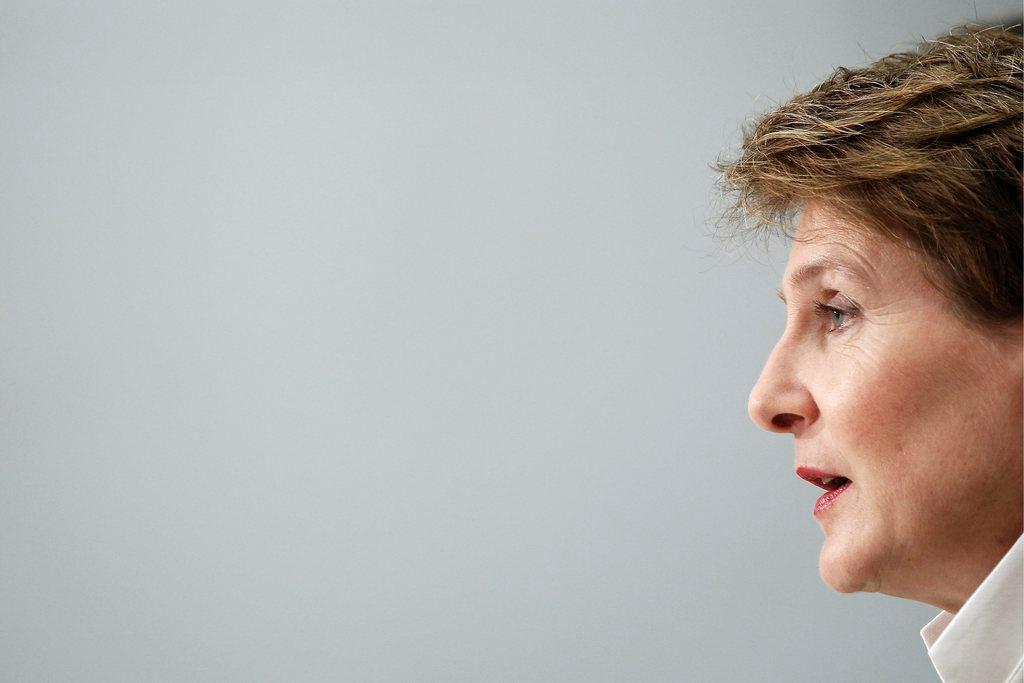
In an interview with swissinfo.ch, Justice Minister Simonetta Sommaruga, who holds the rotating office of Swiss President in 2015, makes her case for a political culture that is "also based on respect for different beliefs".
She is convinced that the country’s political system still works even though certain people’s initiatives may hardly be reconcilable with international law.
Sommaruga’s biggest project in 2015 will be the implementation of a proposal approved by voters last February to cap immigration and re-introduce annual quotas.
In a written interview, she stresses that steering immigration while at the same time maintaining the bilateral path will be a challenging task. The European Union, however, has indicated it is open to discussions.
swissinfo.ch: People’s initiatives increasingly feature provisions that are problematic or hardly viable, and which lead to conflicts with international law. One example was the 2010 initiative concerning the deportation of foreigners convicted of serious crimes, which was approved by the Swiss electorate. In your view, should the right to launch people’s initiatives be curtailed?
Simonetta Sommaruga: The implementation of initiatives is indeed a challenge when new clauses in the text are at odds with existing articles or international law. This is the reason why different reform proposals are currently being made. I welcome it because in a direct democracy you need to continue to have such discussions. I am convinced, however, that it’s not the rules that are the deciding factor for the functioning of our system but rather the political culture.
We need a political culture that is also based on respect for different beliefs, and at all levels: the government, parliament, and the people. Everyone is important in our democracy.
swissinfo.ch: Populist movements are gaining traction across Europe. Mistrust is growing in Switzerland as well concerning the established political system. The referendums that the government and parliament have lost are one such indication. How do you plan on gaining back the trust of the citizens?
S.S.: Trust has not disappeared. Switzerland’s direct democracy is very special: it is shaped by the interaction of all the actors. It moulds our political culture, ensuring that no rift develops between the people, parliament and the government, even if the three don’t always agree.
Simonetta Sommaruga presides over the cabinet in 2015. Parliament elected the 54-year-old justice minister with 181 out of a total 210 votes. She takes over from Foreign Minister Didier Burkhalter. The position as Swiss president is reassigned every year within the seven-member government and is largely ceremonial. Sommaruga is only the fifth woman to hold the position. Her predecessors were Ruth Dreifuss (1999), Micheline Calmy-Rey (2007 and 2011), Doris Leuthard (2010) and Eveline Widmer-Schlumpf (2012).
What’s wonderful about our democratic system is that the citizens have a lot of responsibility. I value our courageous democracy. The direct political rights of the people were originally created specifically to give importance to those voices that would otherwise go unheard in the established legislative process.
swissinfo.ch: In recent years, direct democracy has also resulted in Switzerland losing some of its predictability as an international partner. Is direct democracy hurting Switzerland’s competitiveness?
S.S.: No. In comparison with countries where the government changes on a regular basis, our democratic system ensures stability. Large, reform projects obviously require a lot of planning in advance. But in the end, there is a broadly supported compromise that will also survive the next elections.
swissinfo.ch: Swiss citizens who live abroad are worried about the threatened end of the free movement of people rules because it will impact not just immigration but emigration as well. For the EU, the free moment of people is not negotiable. It firmly opposes quotas. But this is exactly what the rightwing initiative, approved on February 9, 2014, seeks. How can you steer the country away from this dead end?
S.S.: You’re right, the implementation of this initiative is challenging. The government wants to carry out the people’s mandate by regulating immigration independently. At the same time, however, the government also seeks to preserve the bilateral path.
The EU has said it isn’t willing to negotiate the principles of the treaty for the free movement of people. But the EU has indicated that it is open to discussions. As a result, the government will pursue both the domestic and foreign policy goals in parallel. The government will advise on the mandate for the EU negotiations, along with the implementation of the legislation in January.
swissinfo.ch: 2015 is an election year. Swiss citizens living abroad will also run for the House of Representatives, although they have little chance of being elected. Can you imagine a scenario in which Swiss citizens abroad have a real shot at being elected by giving the expatriate community a fixed number of seats in the parliamentary chamber. Or do you see another solution?
S.S.: Swiss citizens who live abroad are treated the same way at the federal level as their compatriots who live in Switzerland. The government has always supported the participation of Swiss citizens living abroad in the political process. One example is the recent approval of the step-by-step introduction of electronic voting.
Some 135,000 Swiss citizens living abroad are currently entered in the voting register, and they take their political rights and responsibilities seriously. I welcome this because they belong to our country and they are part of Switzerland’s diversity.
swissinfo.ch: There are more and more tragic incidents involving asylum seekers crossing the Mediterranean Sea. What can Switzerland and Europe do to stop this trend?
S.S.: You’ve touched upon it: European cooperation is absolutely crucial. Switzerland is campaigning strongly for a joint migration policy because we can achieve little on our own. It’s very important that there is help on the ground so that the people will not even attempt to risk the dangerous crossing of the Mediterranean. In addition, we must carry on determinedly in the fight against people smuggling and smugglers.
It’s a cynical business that takes advantage of the most vulnerable. Among other things, asylum seekers in this country should be systematically questioned in the future in order to trace the practices of these criminal organisations.
Finally, Switzerland has taken in thousands of people from Syria since the Civil War began there. We are giving these people a new outlook.
Sommaruga was born in Zug in 1960 and grew up in the nearby village of Sins. Her father came from the Italian-speaking part of Switzerland.
In 1983, she received a diploma as a concert pianist from the Lucerne Academy of Music. Following the end of her music career and studies in English and Spanish literature in Fribourg, she took over as director of the Consumer Protection Foundation in 1993. She was elected president of the foundation seven years later.
She joined the leftwing Social Democratic Party in 1986. She signed a manifest proposing a more liberal ideology for the party in 2001. This led to heavy criticism from trade union circles and more left leaning members of the party.
In 1999, Sommaruga gained a seat in the House of Representatives, and in 2003 was elected to in the other parliamentary chamber, the Senate. In 2010, she joined the seven-member government and took over the justice ministry.
(Translated from German by Catherine McLean)

In compliance with the JTI standards
More: SWI swissinfo.ch certified by the Journalism Trust Initiative
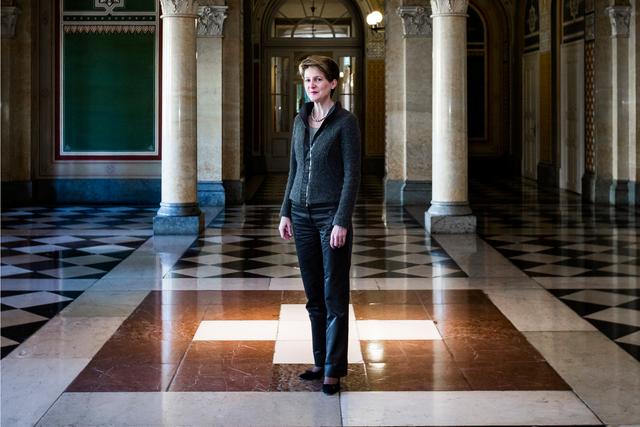
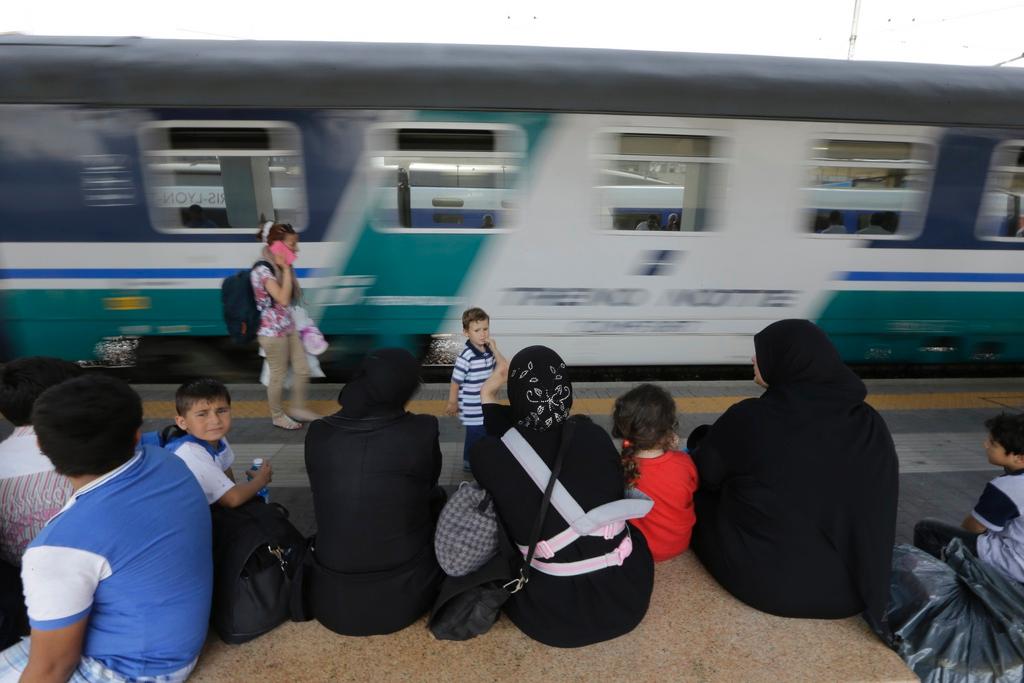
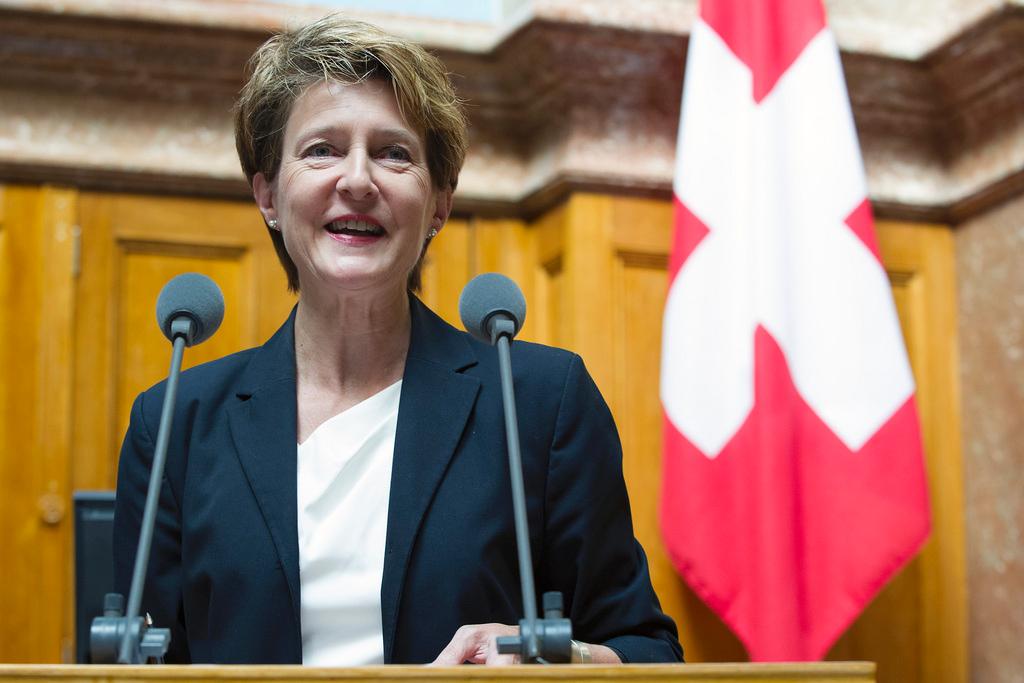
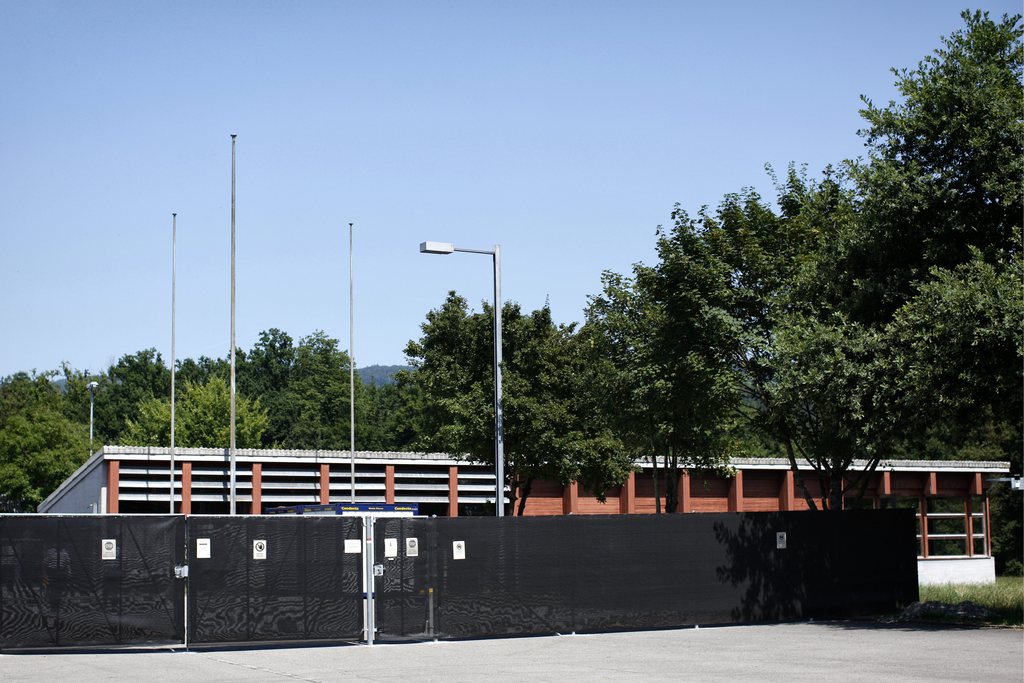
You can find an overview of ongoing debates with our journalists here. Please join us!
If you want to start a conversation about a topic raised in this article or want to report factual errors, email us at english@swissinfo.ch.